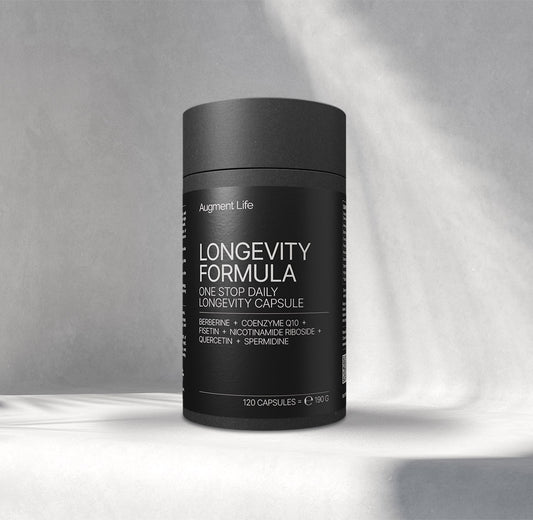
Why Is Coenzyme Q10 Taken as a Supplement?
Thomas HillardCoQ10 is also a potent antioxidant, meaning it helps protect cells from damage caused by harmful molecules called free radicals. It can regenerate other antioxidants, such as vitamin E, further enhancing the body's defense against oxidative stress.
As a dietary supplement, CoQ10 is taken for several reasons:
1. Energy production: CoQ10 is involved in the production of ATP, which is essential for cellular energy. Supplementing with CoQ10 may enhance energy levels, particularly in individuals with conditions that can deplete CoQ10 levels, such as certain heart conditions or age-related decline.
2. Heart health: The heart requires significant energy to function optimally. CoQ10 is abundant in heart tissue and plays a vital role in supporting cardiovascular health. Some research suggests that CoQ10 supplementation may help improve heart function, reduce the risk of certain heart-related conditions, and support overall cardiovascular health.
3. Antioxidant support: CoQ10 acts as a potent antioxidant, neutralizing harmful free radicals and protecting cells from oxidative damage. By reducing oxidative stress, CoQ10 may have potential benefits for various conditions linked to oxidative damage, including neurodegenerative diseases, diabetes, and aging.
4. Statin-induced side effects: Statin medications, which are commonly used to lower cholesterol levels, can reduce CoQ10 levels in the body. CoQ10 supplementation is often recommended for individuals taking statins to mitigate the potential side effects of statin therapy, such as muscle pain and weakness.
5. Age-related decline: CoQ10 levels tend to decrease with age, and some research suggests that supplementation may help counteract this decline. It is believed that maintaining adequate CoQ10 levels may support overall energy production, antioxidant defenses, and mitochondrial function as one ages.
It's important to note that while CoQ10 is generally well-tolerated, it can interact with certain medications, so it's advisable to consult a healthcare professional before starting any new supplement regimen. They can provide personalized advice based on your specific health needs and medication profile.







